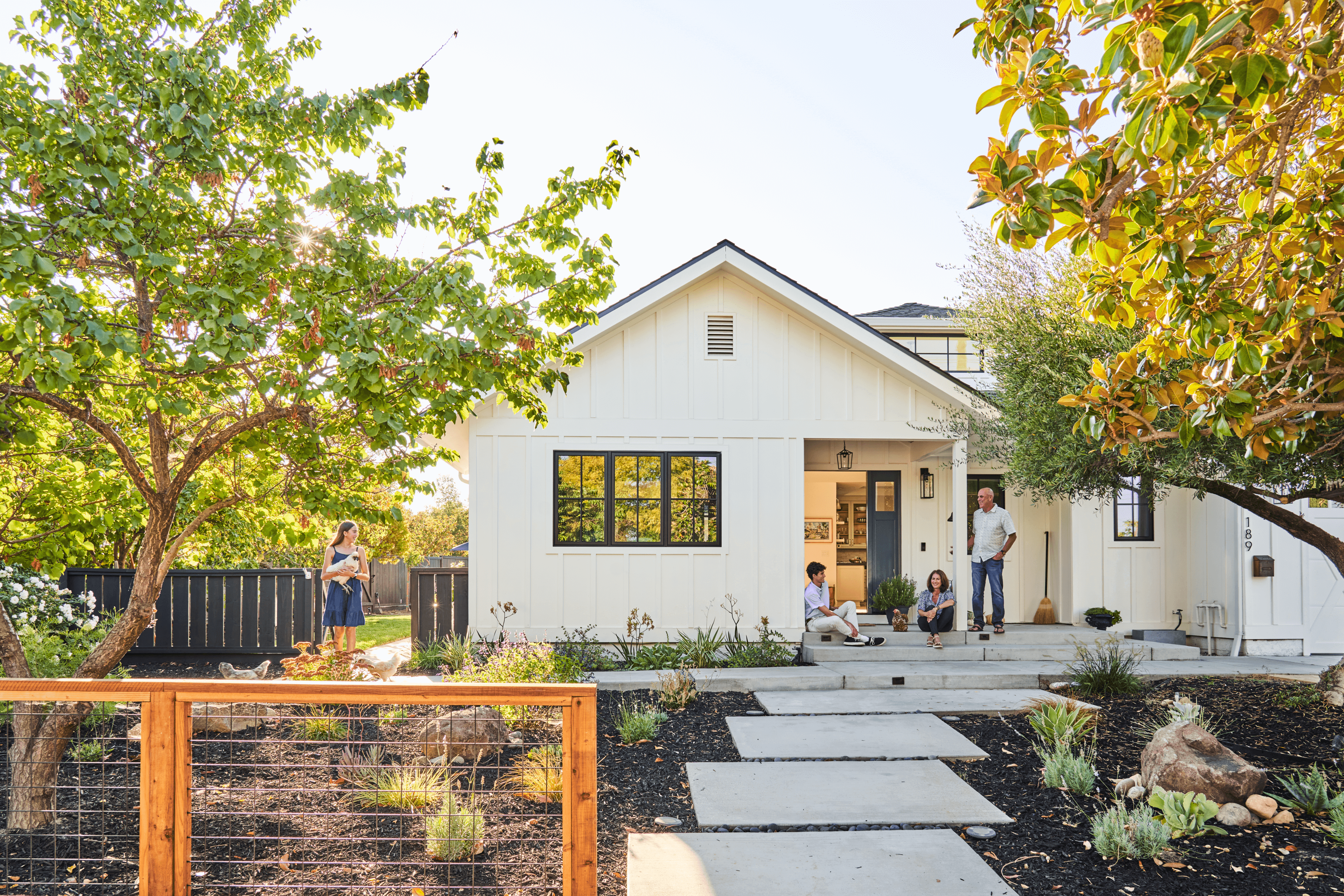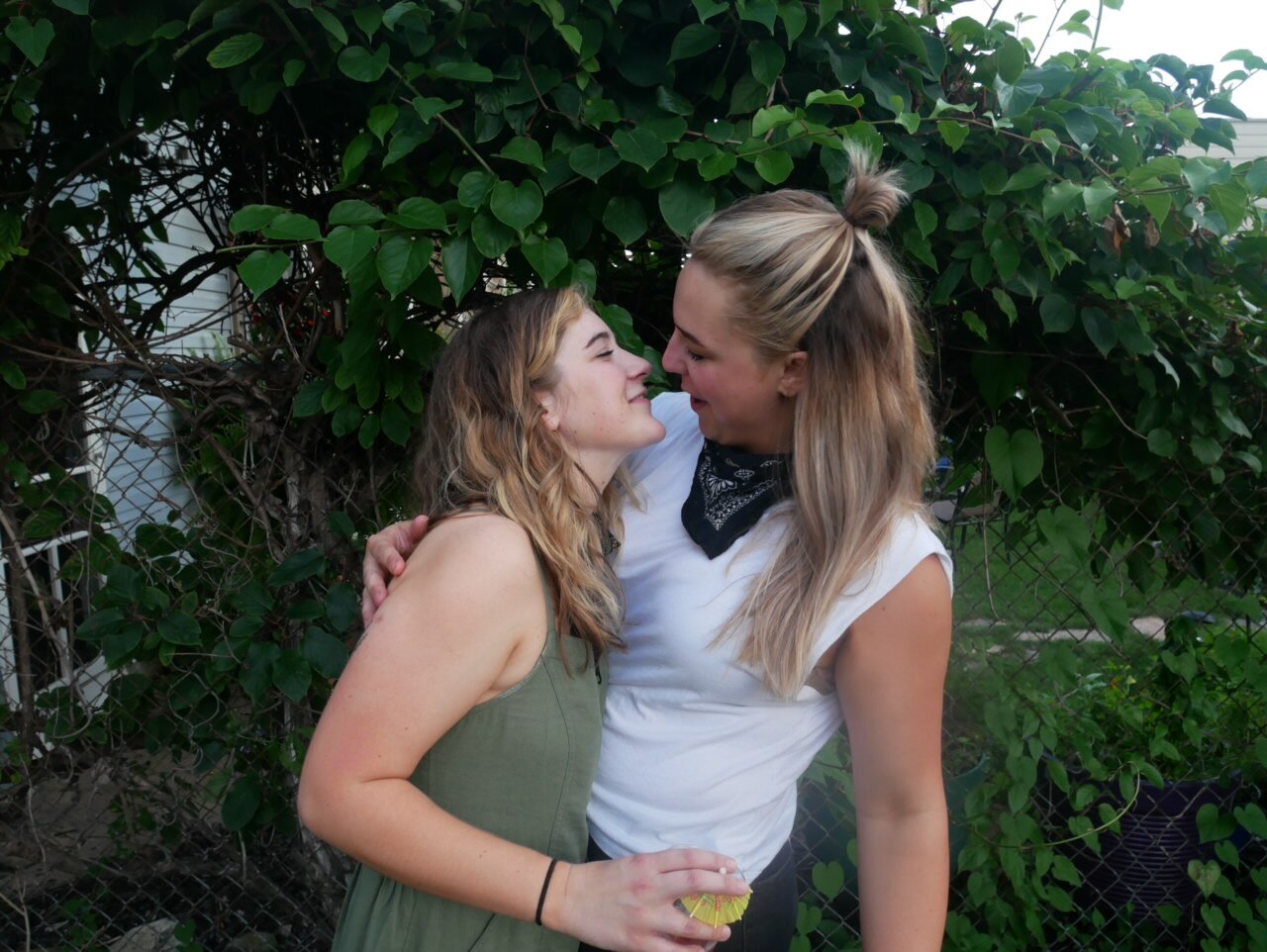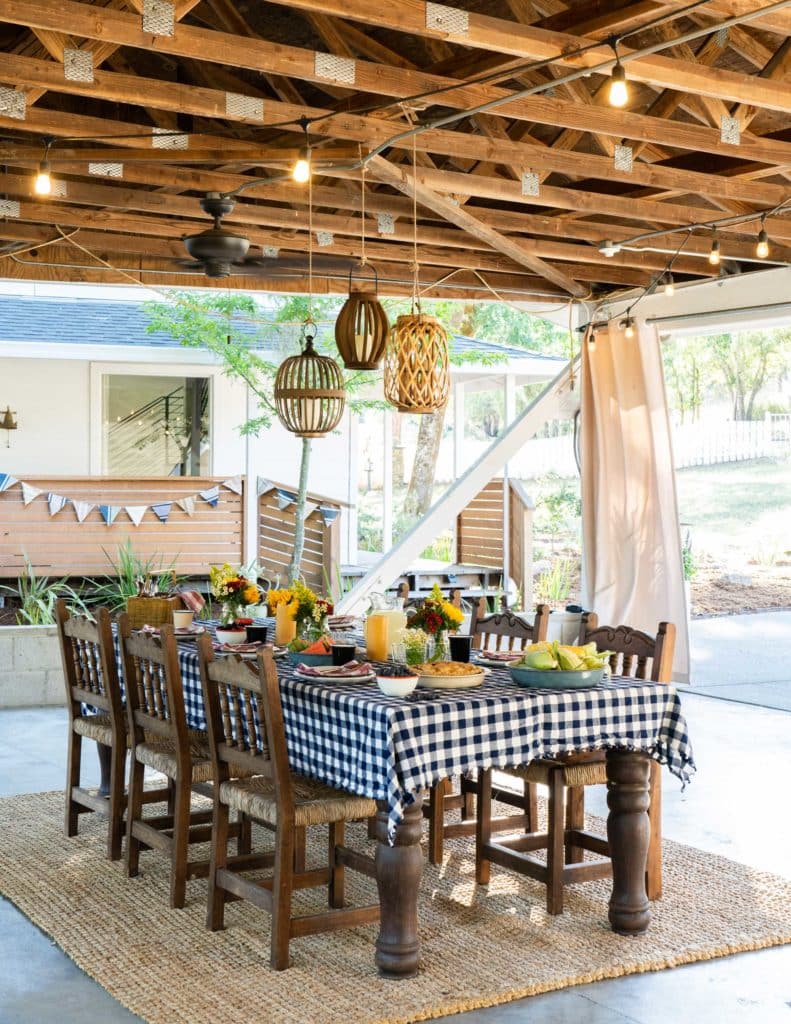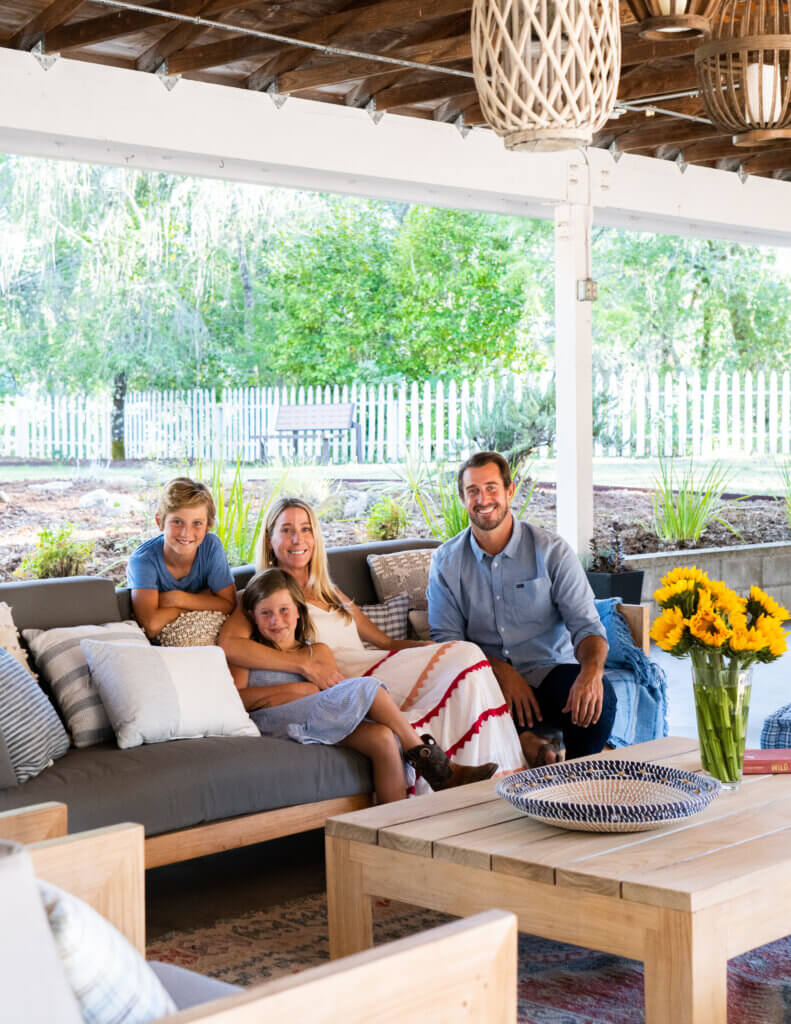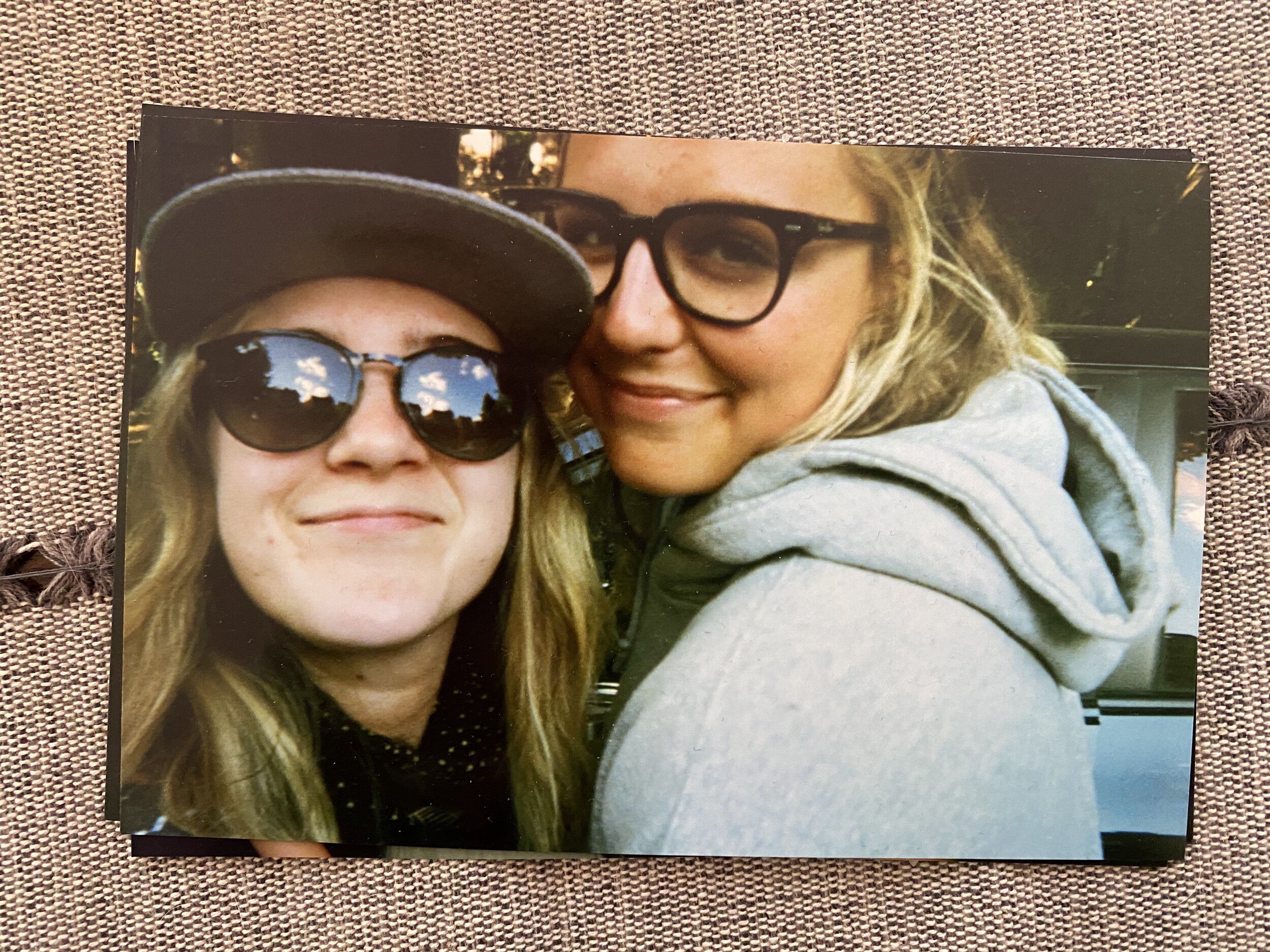
Pride is a month-long celebration each June where we reflect on the history of the LGBTQ+ community, how far we’ve come and more importantly, the progress that still needs to be made. It offers a space for individuals in the LGBTQ+ community to feel proud of who they are. We owe this time to those who fought to get where we are now.
It’s a time to reflect on those who came before us that laid the groundwork for the progress that has been made. While Pride month is and should be a time to celebrate, we also need to recognize our history and what this month represents. In 1969, the New York City’s Public Morals division (part of the NYC police department) raided a gay bar called Stonewall Inn. During this time, units like these across the country enforced laws for things like gambling, prostitution, drugs and homosexuality. The police could arrest, or even force hospitalization, on those in the LGBTQ+ community.
One night, customers at the Stonewall Inn decided to fight back. The crowd grew as neighbors joined in to resist arrest and speak out against the oppression they had been facing. Protests lasted for six days. A year later, to mark the anniversary, cities across the country began celebrating Gay Pride and has turned into what we now know as Gay Pride Month.
For myself, a queer woman, Pride means taking something that I tried to hide for many years and finally feel like I can fully be myself. At 26-years-old, I finally decided to stop running from the fear and shame I felt around my sexuality. And that’s what this month is about. Shame is a common theme those who are LGBTQ+ experience and Pride means freeing yourself of that shame. To show up every day without the fear and shame we have been conditioned to feel. While I have faced hardship in my life as a queer woman, I have to acknowledge those who face overwhelming fear and discrimination in a way that I never will:
Out of all the attacks against trans women since 2013, 80% of those victims were transwomen of color.
LGBTQ youth make up for 40% of the youth homeless population, often as a result of family rejection and discrimination. Of that same population, as many as 60% are likely to attempt suicide.
In 2021, Yardzen hit the major milestone of 50+ employees. Our team members come from a variety of locations, backgrounds, races, religions, genders, and sexual orientations, and we’re passionate about our commitment to continuing to build a culture of inclusivity. To celebrate Pride, we’re officially kicking off our D&I committee with a specific focus on hiring, retaining, and empowering our colleagues in order to maintain an internal team that reflects the communities and homeowners we serve. It’s because of our diverse team that we’re able to fulfil our mission of inspiring others to live better lives outside, and we look forward to continuing to do so.
It’s important that everyone, not just those who are a part of the LGBTQ+ community, take this month to educate ourselves, tell your LGBTQ+ friend and family you love and support them, and donate to organizations that support and fight for the rights of this community every day.
Listen & Learn: Listen to what LGBTQ+ and marginalized people are saying. Whether that’s speaking to friends, following social media accounts to hear first-hand accounts, or reading an article written by someone from the LGBTQ+ community. Seek it out, listen to stories and commit to continually learning about the issues they face.
Speak Up: If you see someone being attacked, verbally or physically, focus on supporting them and showing them that you have their back. Or, if a friend or family member says something hateful or ignorant, speak up and call them out. Silence is support for the oppressor.
Donate:
The Human Rights Campaign: HRC works on local, national, and global issues that affect the LGBTQ+ community.
The Trevor Project: They offer live-saving and life-affirming programs to LGBTQ+ youth through phone, text and online counseling.
Transgender Law Center: The largest trans-led organization that advocates for changes in laws, policy and attitudes for the trans community. They focus on rights for education, employment, prison conditions, immigration and healthcare.
As told by Tess Fischer, Yardzen Relationship Manager.
Featured Articles
How an Interior Designer Created “Outdoor Rooms” in Her Yardzen Yard
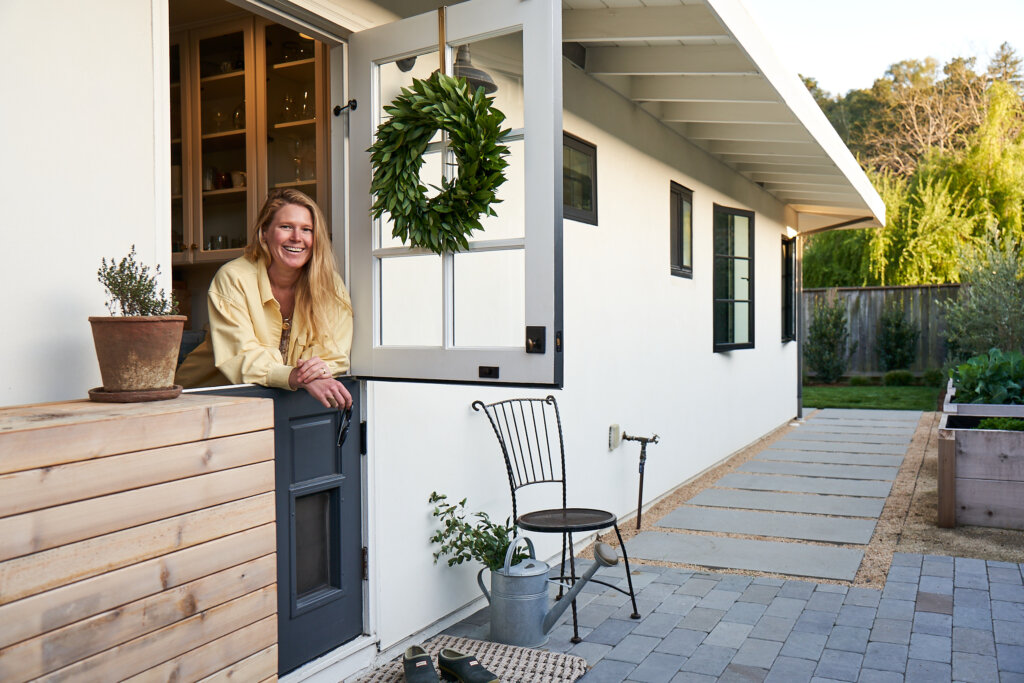
The Best Outdoor Cold Plunge Tubs & Ice Baths in 2024 (Chosen by Our Client...

Our Dreamiest Plunge Pool Yard Designs

Our Favorite No-Grass Front Yard Ideas
